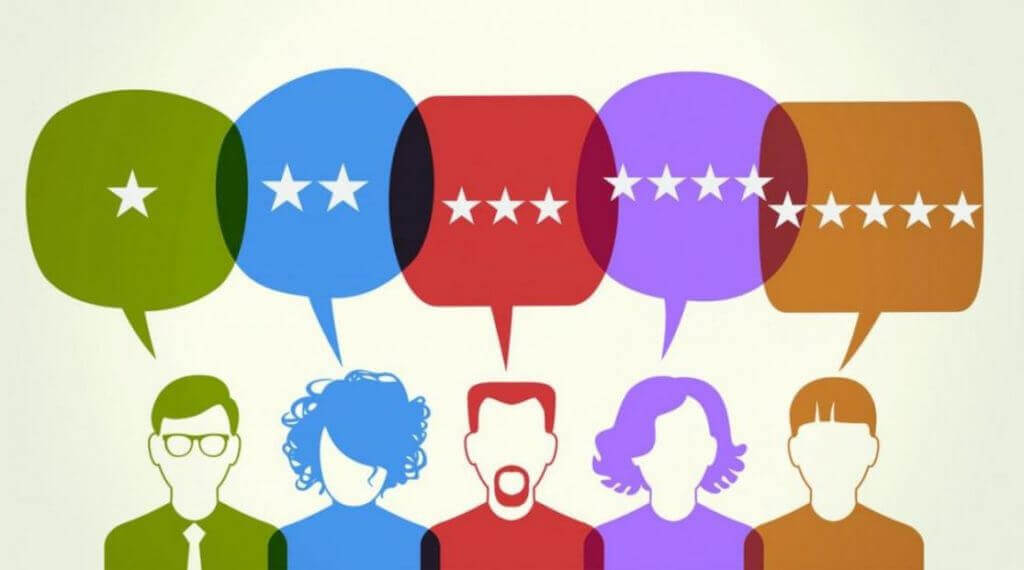
Love it, loathe it or simply live with it; you know as well as I do that TripAdvisor is here to stay. I would imagine many of you even have a strategy to use the platform to your advantage. What you really want to know though, is how to avoid those damning and damaging reviews which inflict such heartache, anxiety and even anger.
The business impact can be considerable; a ‘TrustYou’ study reveals that if the share of five-bubble reviews increases by 10 per cent, the number of bookings increases by 10.2 per cent in Europe and 7.8 per cent in Asia-Pacific. A Cornell study found that a one-point increase in reputation (based on a five-point scale) can result in a hotel’s ability to raise room rates up to 11.2 per cent.
The power is now firmly in the hands of the consumer/guest, and with more than 300 million using TripAdvisor every month, unregulated and often unwarranted reviews can damage a brand. The internet is awash with hoteliers directing anger, protestation, blame, and even law suits towards TripAdvisor, who show consideration of the problem via their ‘moderation and fraud detection’ unit. But stone throwing is not what I’m here to do, as prevention will eradicate the need to blame. I’m here to promote the former.
But can we really prevent negative online reviews?
If at this stage I start talking about filing law-suits for malpractice against physicians, you’d be forgiven for thinking you’ve accidentally clicked on a pop up for a phoney online lawyer (“Sue a doctor, 100 per cent no win, no fee!!!” etc. etc.). Stay with me, because the answer to the bold question above lies in striking studies from the seemingly unrelated health care profession.
Two great authors of our time, Malcolm Gladwell and Daniel Goleman, have both drawn on the same research in their influential books ‘Blink’ and ‘Working with Emotional Intelligence’. To drastically distill the expansive work of the world’s foremost researcher on patient-physician communication, Dr. Wendy Levinson, doctors who communicate more effectively, get sued dramatically less than their less emotionally intelligent counterparts (and often have never been sued at all).




